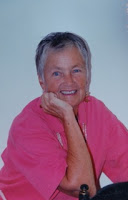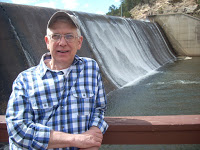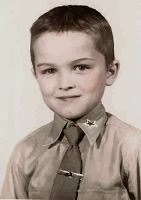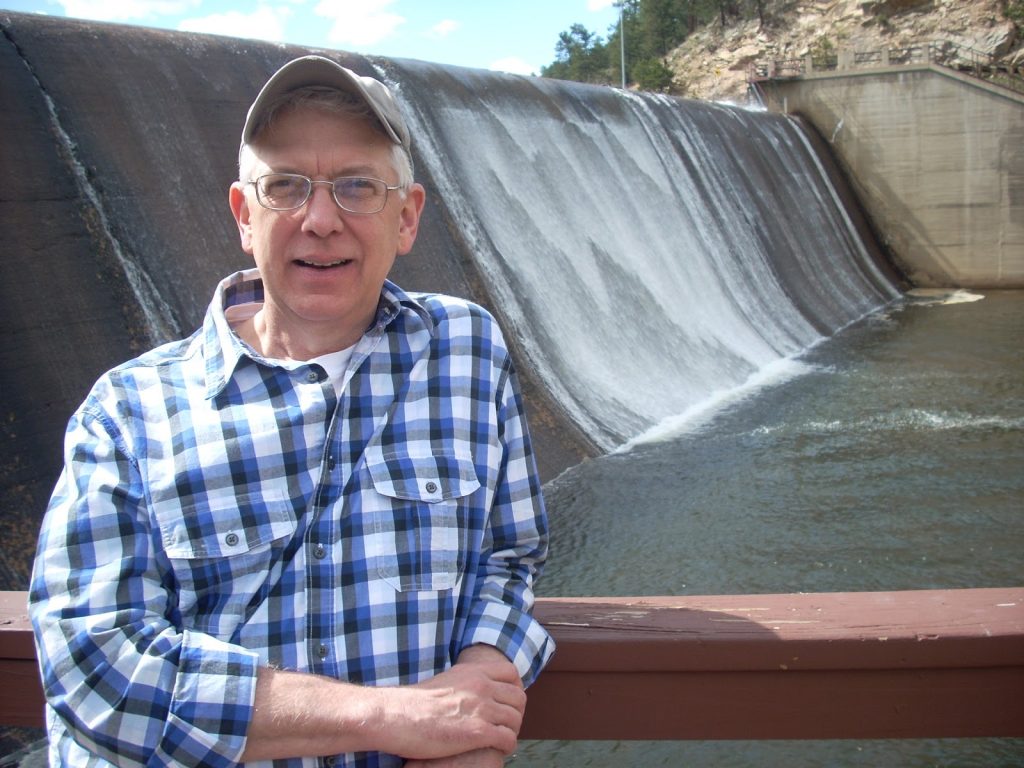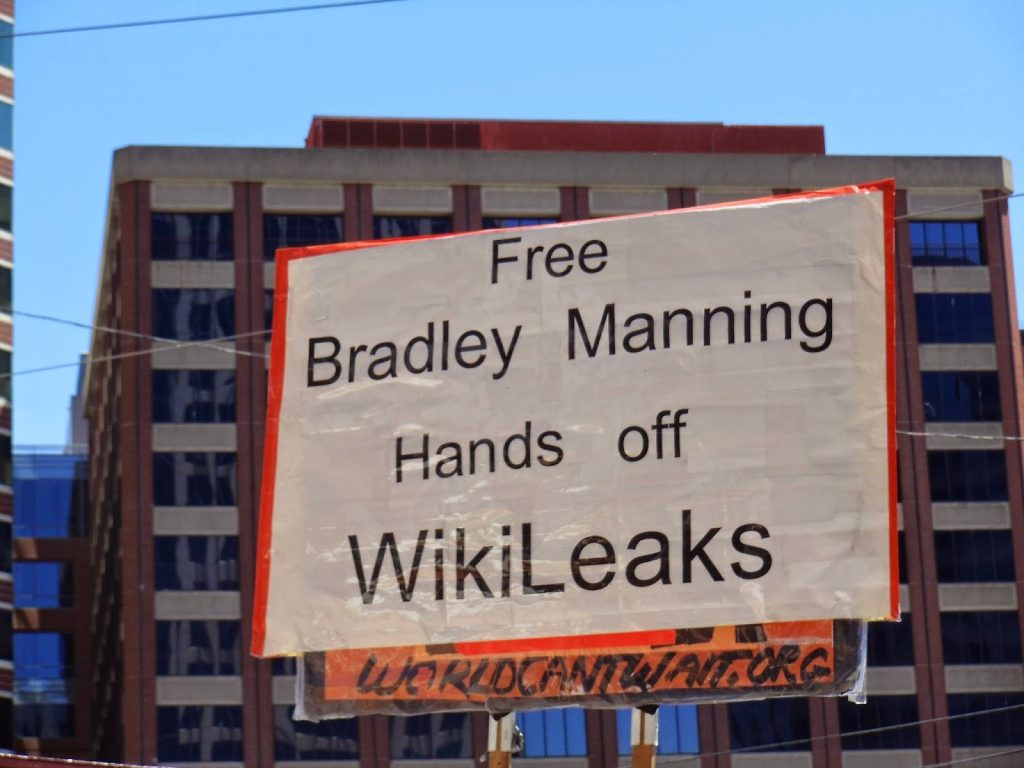The question “What Makes Homophobes Tick?” put in generic terms might read: “What drives human beings to hate or fear other human beings?” That to me is the basic question here. A secondary question is: what drives a hating person to act on that hatred?
Looking into my own heart, soul, and mind the answer that comes to me is that people hate because of fear and their feelings of insecurity about themselves and their power–however great or small that power may be. Power is perceived as control. So the threat of losing power can be potentially very frightening as it means one might lose control of his life.
Homosexuality historically has posed a threat to the established institutions of our society without which we would have chaos, not order, say the homophobes. For example, threaten the traditional family and you upset the family power structure. Threaten the traditional religious beliefs in society and you upset the power structure of the church–not only the church but power structure of the state as well which is based on principles of Christianity–and also you upset the power structure of the culture in general which threatens the power structure in the home and the workplace.
There it is again. It’s in our face every day. What is behind most conflicts old and new? So often it is our religious beliefs and religious institutions at the root of our conflicts. Take a look at history. Most wars have been waged in the name of a religious belief. Take a look at the evening news. Most of the conflicts going on right now have some basis in religion. Does anyone think this pleases God? I don’t. The beliefs and institutions that are the source of the conflicts are not God’s. They are the creation and contrivances of human beings. Everyone knows this. But the hate mongers forget it and they refuse to be reminded because it does not serve their purposes.
We hear this all the time from homophobes: “The Bible says…” these words are followed by a perfectly quoted verse from the old or new testament. Most homophobes I have known are religious fundamentalists who reference the Bible whenever they have a need to defend their stance. But it seems they reference only those words which serve their purpose.
I do not believe all religious fundamentalists are hate mongers. But I do think taking the Bible literally and as the ONLY truth gives one, oh, such a narrow vision of reality, and is often at the root of conflict and discord.
Holding opposing beliefs does not HAVE to end in conflict. There are examples throughout history and in everyday life–examples of people with strong religious convictions who conduct their lives according to those convictions. Their beliefs may be totally contrary to the establishment, or contrary to those with whom they come in contact every day. One would have to say they are acting on their beliefs all the time. They are living their beliefs. But it seems that these (I will call them) peaceful people are not fearful nor do they have a need to control others. Why is this? I think it is because the peaceful people are not threatened by opposing beliefs nor do they require others to believe as they do. They are completely secure and in control of their lives As a result and most importantly, they do not hate anyone. You will not act on your hatred, if you do not hate. I believe this is why freedom of religion and freedom from religion is so important.
Many of us have heard straight people say something like this: “I don’t care if a person wants to be a homosexual. That’s his/her business. Just don’t be public about it. Stay in the closet. JUST DON’T FLAUNT IT!”
By the same token, if one fears and hates homosexuals, or any other group of people for that matter, what I ask of them is that they keep their hate feelings to themselves. I say to them go ahead, think and feel the way you do if you have to; but put away your guns and hate signs and just don’t FLAUNT it.
© 1-12-2015
About the Author
Betsy has been active in the GLBT community including PFLAG, the Denver women’s chorus, OLOC (Old Lesbians Organizing for Change). She has been retired from the Human Services field for about 15 years. Since her retirement, her major activities include tennis, camping, traveling, teaching skiing as a volunteer instructor with National Sports Center for the Disabled, and learning. Betsy came out as a lesbian after 25 years of marriage. She has a close relationship with her three children and enjoys spending time with her four grandchildren. Betsy says her greatest and most meaningful enjoyment comes from sharing her life with her partner of 25 years, Gillian Edwards.
